Tips for mastering the class system in Fire Emblem: Three Houses
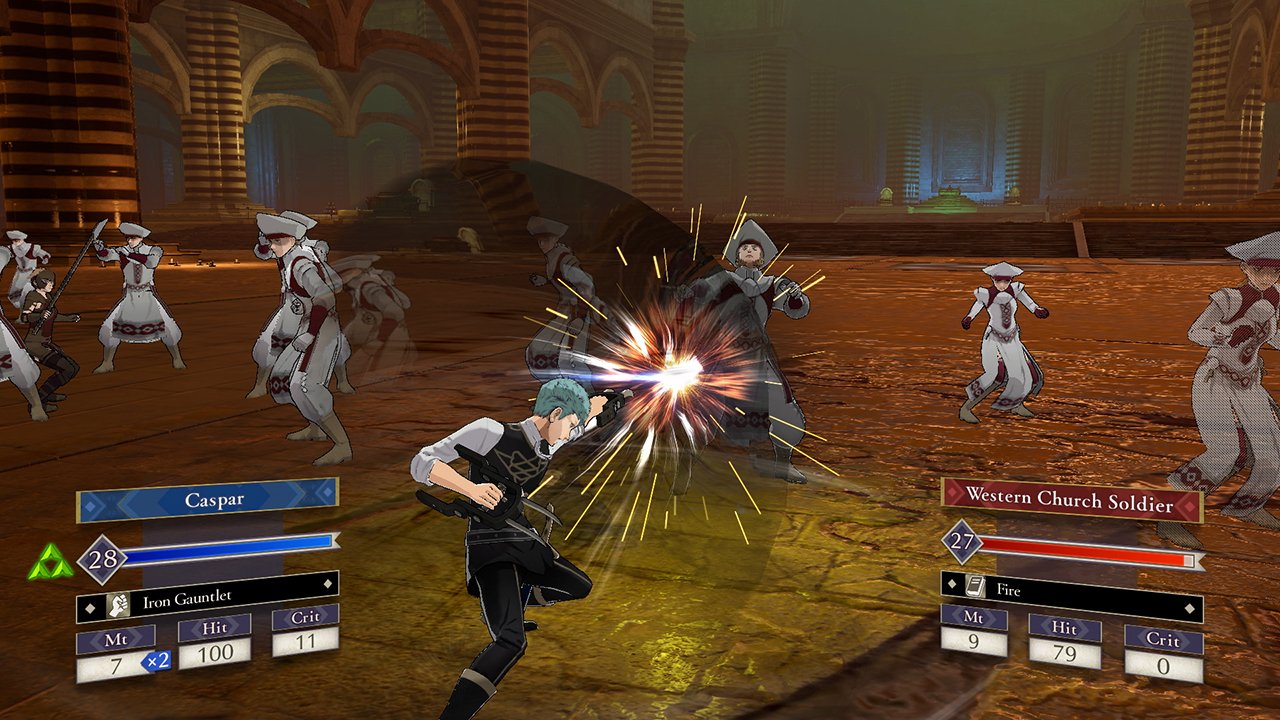
iMore offers spot-on advice and guidance from our team of experts, with decades of Apple device experience to lean on. Learn more with iMore!
You are now subscribed
Your newsletter sign-up was successful
Between lectures, seminars, exploring, battling, instruction, and eating tasty meals, Fire Emblem: Three Houses has a lot of complex systems at play. At the heart of it all are the student units you're training, who you want to raise in their respective classes and skills to become powerful warriors. But Fire Emblem: Three Houses is very much a long game, with planning required in order to ensure you don't waste your time on skills or activities that aren't optimal.
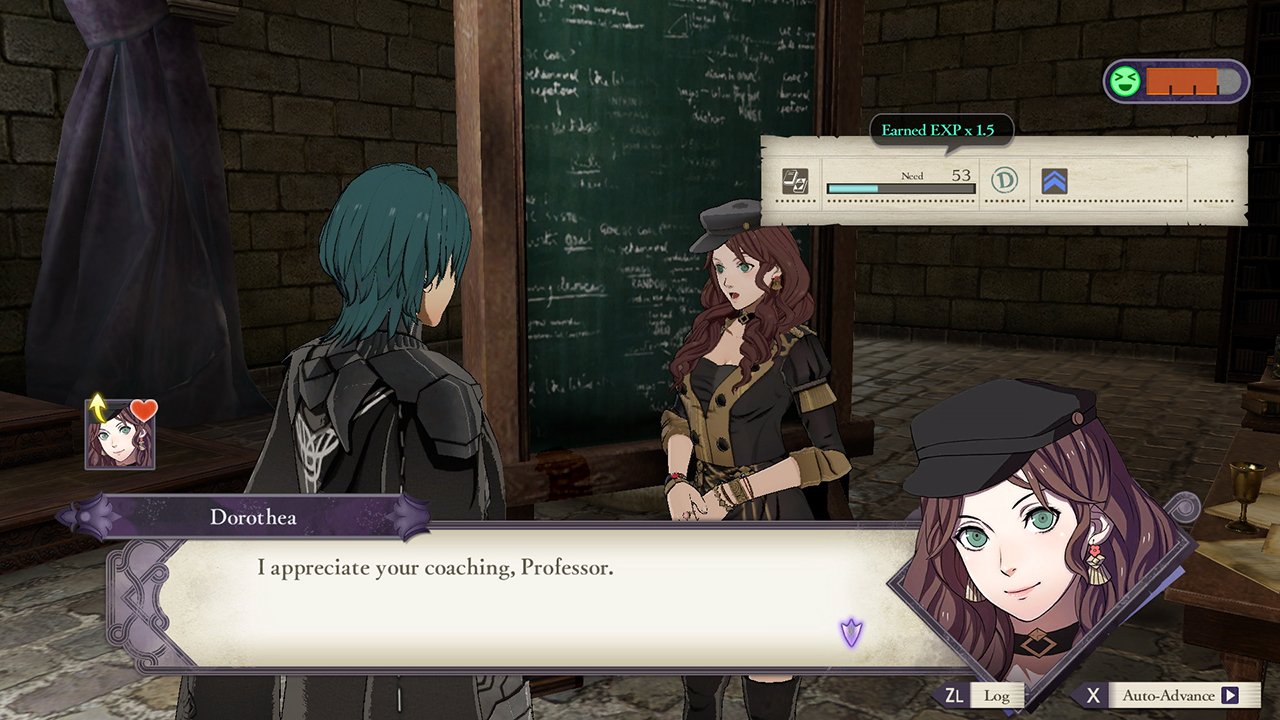
Bring unity to the kingdom of Fódlan
Fire Emblem: Three Houses puts you in the shoes not just of a warrior, but also a professor who must train a batch of student troops to prepare them for the inevitable conflicts between three powerful houses that lead the world you live in. This new twist works alongside the existing beloved mechanics of the Fire Emblem franchise in the latest entry of this tactical RPG series.
If you need help making sure your units make the most of their time and powers and become the best they can be in their respective classes, here are some tips to doing that in Fire Emblem: Three Houses:
Plan your classes ahead
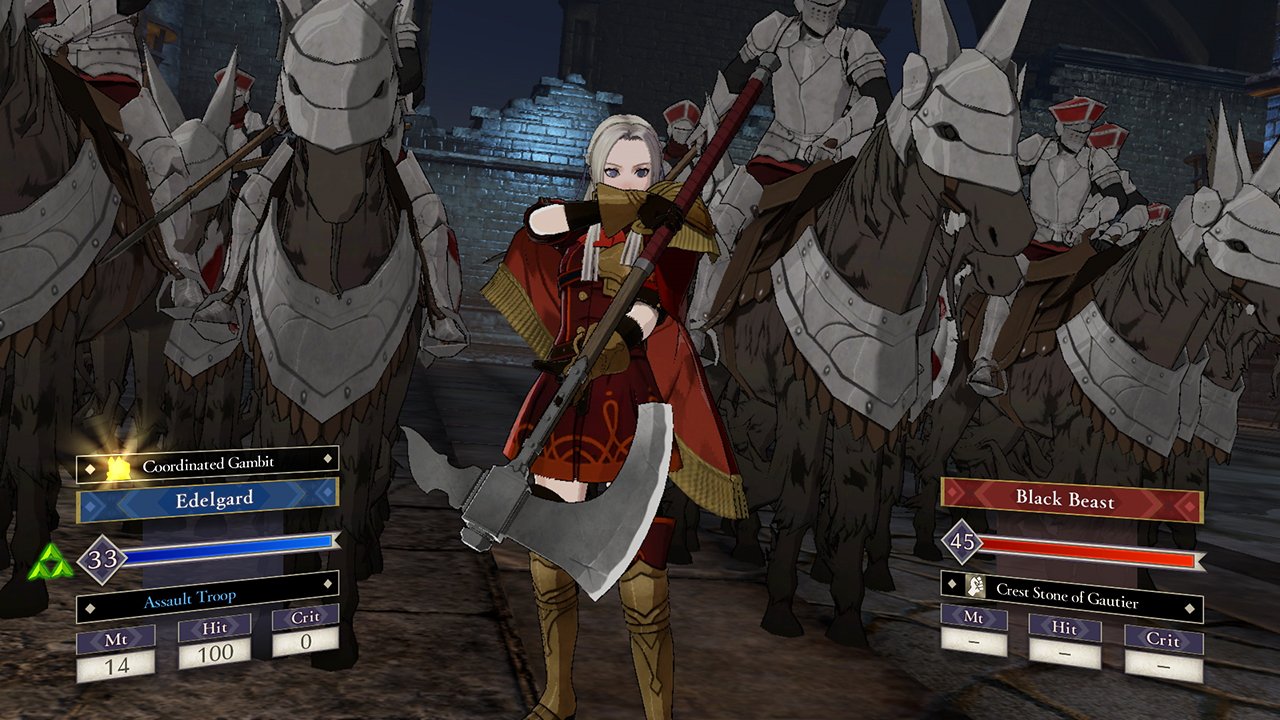
The absolute best thing you can do in Fire Emblem: Three Houses to raise your character's classes well is to plan ahead. During the first lecture, take time to look at every character, what skills they have an aptitude for, and what skills they do not. Take into consideration the character's budding talents as well. Then, plan out your team's eventual Advanced and Master classes and set Goals based on what those will be.
This will take some time, but it will be worth it. Though you'll have the opportunity to recruit other students later, your starting group in your house will be the core team you'll progress through most of the game with and you'll want to make sure they're balanced. You'll want at least one cavalry unit, one flying unit, one black magic user, one white magic user, someone in a heavy armor class, and one each of a sword, axe, and lance user (which can be combined with some of the other types of units, for example, a Pegasus Knight is a flying unit with a lance).
With that plan in mind, you can start working on filling the gaps by recruiting students from other houses, as well as the adult teachers who join you automatically. Don't forget that Byleth and your house leader will get their own special classes down the line, so don't worry too much about planning out their max level strategies. And you'll also get access to the Dancer class midway through Part 1 of the game, which can be assigned to a single unit, so prepare for that as well.
Balance skill training and leveling up
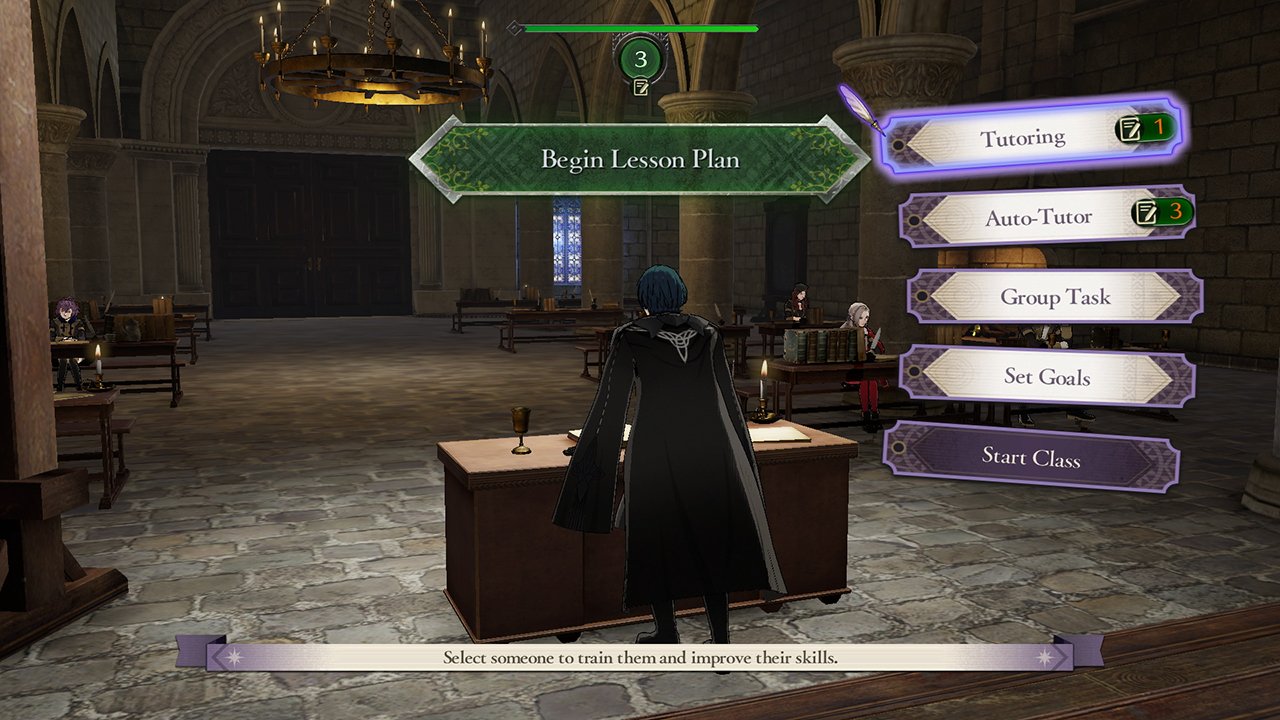
Key to mastering classes is making sure you strike a balance between leveling your characters, maxing out their classes, and leveling their skills. Yes, these are three different things!
Every character has an overall level that increases with experience gained every time they actively engage in combat (attacking or countering). You need to reach certain level milestones to take the exam for the next level of classes: 5 for Beginner, 10 for Intermediate, 20 for Advanced, and 30 for Master.
iMore offers spot-on advice and guidance from our team of experts, with decades of Apple device experience to lean on. Learn more with iMore!
Then they have a separate experience bar for each class they take on, which gains 2 exp every time they're involved in an encounter (attacking, countering, or being hit). It doesn't have levels, but once the experience bar is filled, they'll gain access to a special skill and/or combat art. Some of these are very powerful, so it's always worth maxing out classes before moving onto the next one.
Finally, characters have individual skills that are raised every time they use them (Lance skill raised when attacking with a lance, for example), and can also be trained through instruction, lectures, or setting goals. You'll need specific skills at certain ranks to pass a certification exam.
What all this means is that you want to have a healthy balance between combat and instruction. You don't want to ignore the "Battle" option on your free days every week, as your units will never max out their classes and won't be a very high level, even if they have high skills. Similarly, if you ignore your students' motivation and never instruct them during class days, they'll fall behind on skills and won't be able to move to higher classes.
Keep an eye on all three of these things when deciding when and if to move a character to a new class. As long as you're spreading your time evenly, you shouldn't have a problem.
Motivation is key
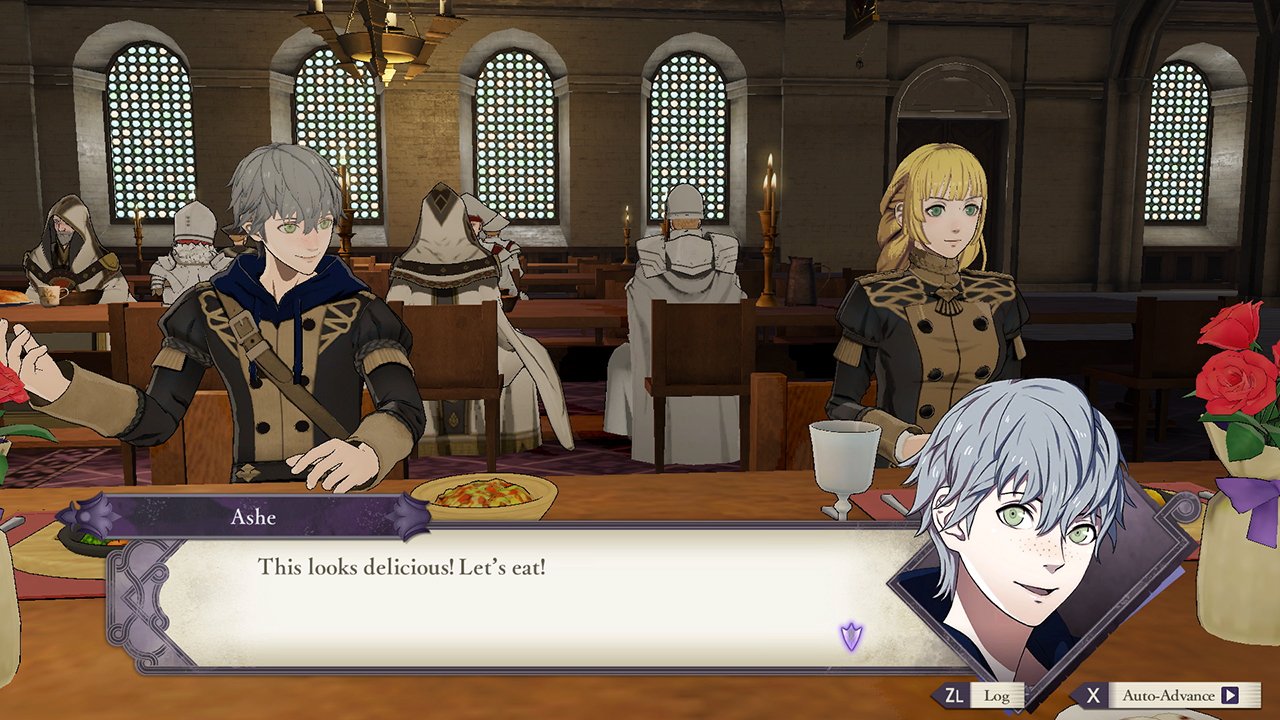
A large component of how fast and efficiently you'll be able to raise your units in their classes is how you handle their motivation. Motivation is a stat that determines whether a student can learn during individual instruction on lecture days. A student with no motivation cannot be instructed, and a student can only be instructed until their motivation runs out. The maximum amount of motivation is 100, and 25 is consumed with each instruct, with a chance to earn an extra 25 motivation during instruction if a student gets a "Perfect" on one instruct. So basically, the max amount you can instruct a student is five times.
You want to make sure that you always have a number of students at maximum motivation equal to the number of actions your professor can take during instruction, which is based on professor level. So if you have four "actions" during instruction, you can instruct four students, and you want to make sure that at least four students have maximum motivation going into lecture day. You can do this a number of ways:
- Students you have support conversations with will have their motivation maxed out
- Students you share a meal with will have their motivation maxed out
- Students who were the MVP of a battle will get their motivation maxed out
- Gifts students like will increase their motivation by 25. Gifts they love will increase it by 50
- Finding a student's lost item will raise their motivation by 50
- All students will have motivation replenished somewhat if you take a Rest day, but this is not recommended
However you accomplish it, make sure you're not wasting actions on lecture days by having no students to instruct.

Bring unity to the kingdom of Fódlan
Fire Emblem: Three Houses puts you in the shoes not just of a warrior, but also a professor who must train a batch of student troops to prepare them for the inevitable conflicts between three powerful houses that lead the world you live in. This new twist works alongside the existing beloved mechanics of the Fire Emblem franchise in the latest entry of this tactical RPG series.


